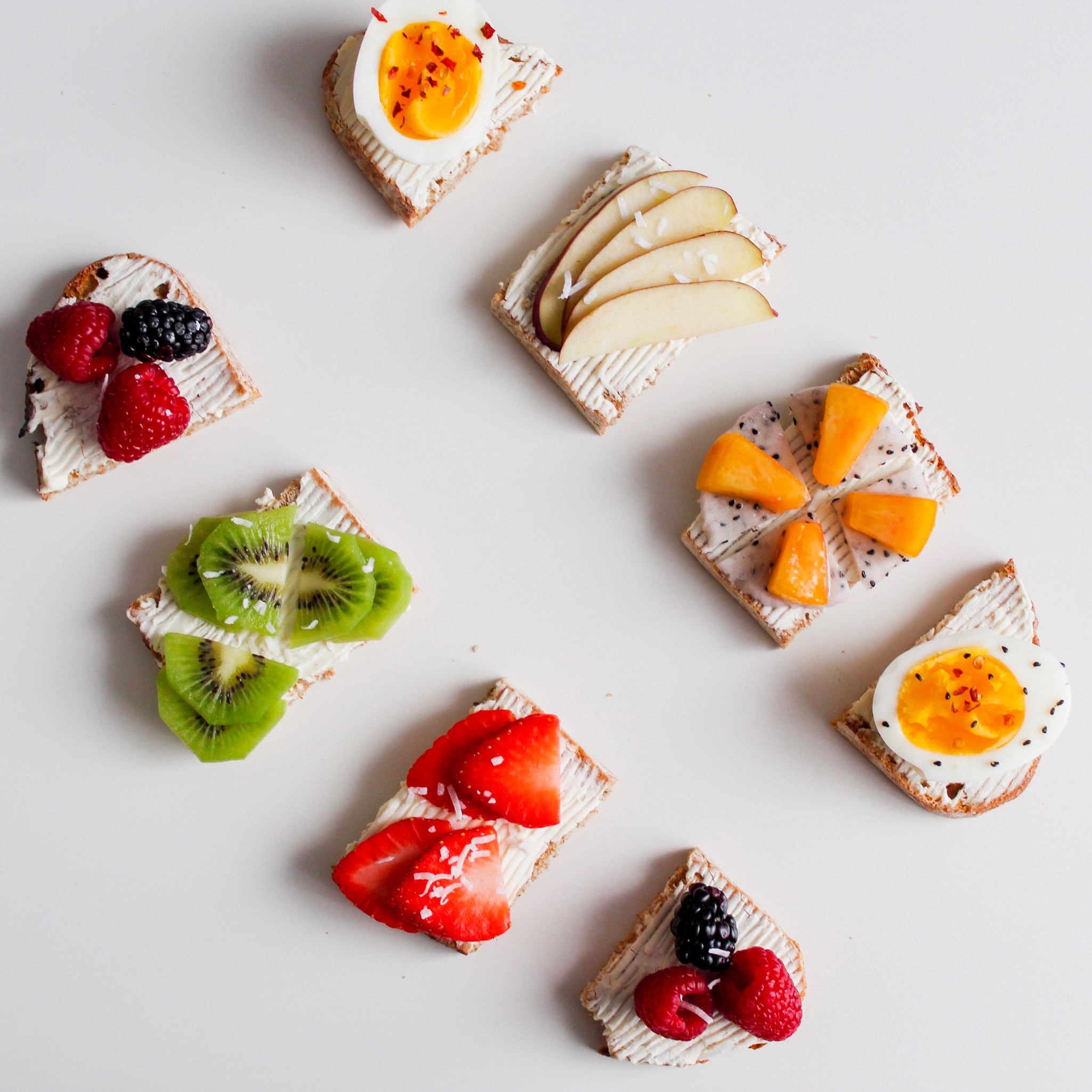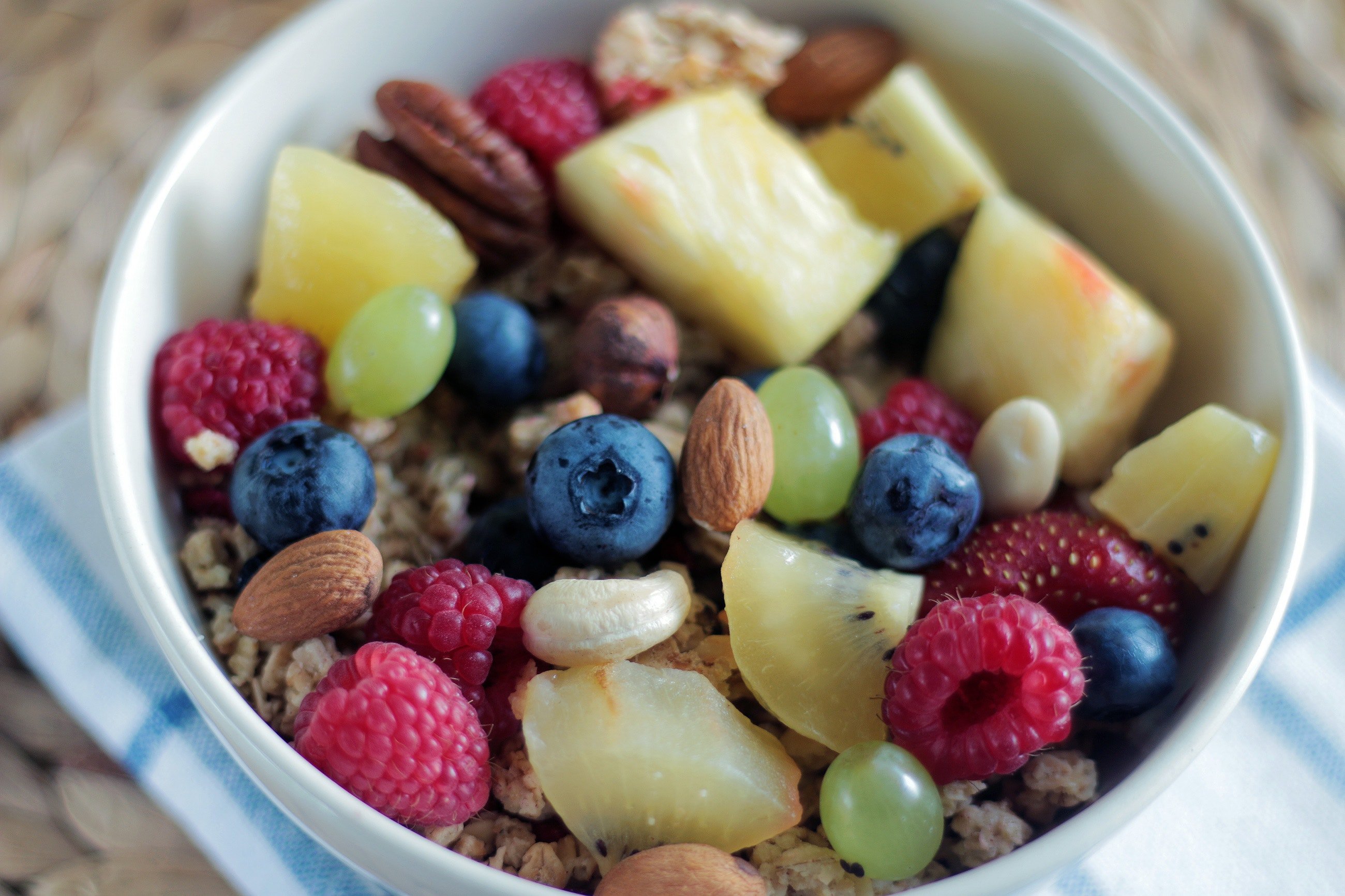It can be tough to get back into the school routine after the holidays, particularly when it comes to snacking. Did your kids get into a constant flow of sweets and treats while they were home? Don’t worry — it’s easy to get them back on track with healthy snacking. We spoke to Atrium Health Levine Children’s Arboretum Pediatrics pediatrician Dr. Sharon Sullivan about why it’s important for kids to snack healthy, and how we can help them make the right choices.

Why kids need to snack smart
Dr. Sullivan said since it’s common for kids to eat small meals, snacks can account for a large amount of children’s caloric intake throughout the day. According to a recent report by the American Academy of Pediatrics, up to one-third of American children don’t eat breakfast at all and get one-third of their daily calories from snacks.
“That is why it is so important to have healthy snack options and not fill them up with junk,” Dr. Sullivan says. She recommends keeping junk food at bay by planning snacks ahead of time rather than hitting the drive-thru or convenience store when your child gets hungry.

Make healthy options available
Providing healthy options at home will keep kids snacking the right way. Here are a few of Dr. Sullivan’s suggestions:
• Nuts. Protein-packed snacks like nuts will help kids feel full longer, Dr. Sullivan said. She suggests making a trail mix with nuts and raisins to satisfy kids with a sweet tooth (but she does caution parents to avoid nuts for children younger than 3 because of the choking risk).
• Fresh fruit and vegetables. Pediatricians recommend five servings of fruit and vegetables per day, and snacking is an easy way to fit these servings in. Dr. Sullivan suggests cutting up fresh fruit and raw vegetables before leaving the house so kids can grab them and hit the road. She also said dried fruits like raisins, apricots, cranberries, and prunes are great choices.
• Granola and cereal bars can be great snacks with a few caveats: avoid bars drizzled with chocolate or icing.
• Dairy products such as cheese or yogurt are great grab-and-go snacks that pack a protein punch as well.
• For a salty treat, Dr. Sullivan said to have kids reach for pretzels, popcorn or whole-grain crackers. Try to avoid processed snacks altogether, but if you must buy something from a box, The American Academy of Pediatrics suggests reading the labels to look for snacks with low sugar content and “whole grain” as the first ingredient for bread and cereals.

Don’t forget drinks
“With their snacks, kids do not need juice or sports drinks,” Dr. Sullivan says. “Water is the most important.” Many parents don’t realize just how many calories these sweet drinks contain, and they can cause tooth decay, weight gain and a host of other problems.
According to the AAP report, parents should limit fruit juice and other sweetened beverages for 4 to 6 ounces per day for children 1 to 6 years old, and 8 to 12 ounces per day for children 7 to 18 years old. “Save sweet drinks for special occasions,” suggests Dr. Sullivan. The AAP report says parents should remember they are responsible for choosing which foods are eaten, and children are responsible for whether they want to eat and how much. But don’t put too much pressure on children to eat or overly restrict access to specific foods, which can lead to overeating, dislikes, and increased interest in forbidden items.
The bottom line is to attempt to start healthy snacking habits when kids are young so they will carry those habits into adulthood.

Dr. Sharon B. Sullivan has been a pediatrician at Atrium Health Levine Children’s Arboretum Pediatrics since 1999. She went to college at Bucknell University in Lewisburg, Pennsylvania and completed medical school at Hahnemann University School of Medicine in Philadelphia. She enjoys going to sports and band events for her 15-year-old twin boys and enjoys running, reading and walking her yellow lab Leo in her spare time.
Connect with Atrium Health's Levine Children's Hospital


